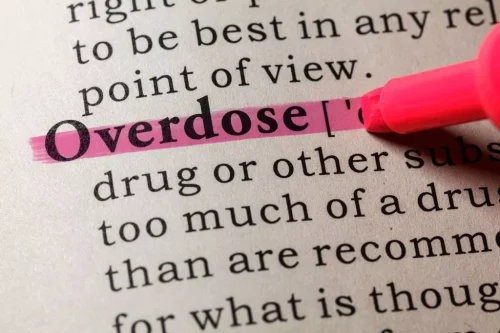
It is not uncommon for individuals with AUD to experience conflict with family and friends, and have drinking negatively impact their job, schooling, and overall safety. For this reason, these factors are a part of the diagnostic criteria. On the outside, high-functioning alcoholics may appear to be great parents. They may show up to their child’s events and seem to have good relationships with their children.
Signs of a Functional Alcoholic
But they may choose to drink at home instead of spending time with their children. Or they may drink in front of their children, increasing their risk of becoming an alcoholic when they grow up. A high-functioning alcoholic often does such a good job high functioning alcoholic of hiding their issues that other people don’t know the issues exist. Functional alcoholics may not even realize they’re actively concealing symptoms of their disorder. It’s important to recognize that recovery is a personal and unique experience.
- High-functioning alcoholics need treatment just like other alcoholics do.
- Reminding yourself that you can’t “fix” your loved one — but you can be there for them — can help you cool off, says Elhaj.
- Ongoing substance abuse can lead to depression or make existing symptoms worse.
- The fact that they are “functioning” and able to go to work, excel in academics, provide for their family and still drink excessively feeds their denial.
- And it’s all still problem drinking, even if you think it’s “mild.” If AUD goes unrecognized and untreated, it’s linked to risks in many aspects of your health and life.
They Frequently Blackout After Drinking

Unlike husbands and wives, you may not live with the person you’re dating. Significant others may be able to hide their drinking, and it may be easier for them to keep problems a secret. Additionally, the story of Dan Mager, an LMSW and author, illustrates how overcoming addiction and chronic pain led to empowerment and a newfound purpose in helping others. Mandy Manners, a sober coach, celebrates her sobriety by sharing her experiences and supporting others through their recovery journey. These stories, among many others, are essential to understanding the multifaceted nature of addiction and the diverse paths to sobriety.
How to support your loved one in getting help and getting healthy
Our treatment facility is accredited by the Joint Commission and LegitScript Certified. “Functioning alcoholic” is an outdated term that in the past was used to describe people with alcohol use disorder who appear to meet their everyday responsibilities. However, alcohol use disorder is diagnosed based on a set of criteria that aren’t always seen by others. One sign that someone may have alcohol use disorder is that they consume excessive amounts of alcohol. This can look like binge drinking (drinking a lot over a short period) or heavy drinking (drinking a lot over a more extended period).

They Drink Instead Of Eat

Alcoholics have a stereotype, and the people who have a severe addiction to alcohol are the ones who get all the press and set the standard for what society pictures as alcoholism. This stereotype can also make it difficult for loved ones to recognize moderate alcoholism in a friend or family member. Diseases like addiction tend to be highly personal, and every person’s trajectory, triggers, and prognosis will be different. The symptoms and side effects of the disorder will also differ for each person, and researchers categorize alcoholics into five distinct subtypes. Because concealment is a huge part of their addiction, high-functioning alcoholics often feel shame or remorse after incidents where their behavior is sloppy after drinking. This type of reckless behavior isn’t part of the image they’ve worked so hard to create, and in turn, they work harder to avoid mistakes in the future.
Alcoholics can go on to develop heart, respiratory and gastrointestinal disorders. There can also be declines in their mental and overall health, especially if they’re not eating healthy diets or engaging in physical activity. They may try to quit independently, but the withdrawals are too unpleasant or severe. Therefore, they continue to drink to keep the withdrawals at bay, and the cycle continues. In addition, there were almost 50,000 other alcohol-related deaths. These numbers do not include people who have died in alcohol-related accidents or violence, so the overall number is likely much higher.

These signs don’t always affect a person’s ability to carry out their day-to-day responsibilities. Typically, alcohol withdrawal symptoms happen for heavier drinkers. Alcohol withdrawal can begin within hours of ending a drinking session. Functional alcoholics differ from those who struggle with alcoholism, primarily in how alcohol affects their lives. If you’re the loved one of someone in either group, it’s important to know how to deal with an alcoholic effectively if you want to help them get well. Chronic heavy drinkers can display a functional tolerance to the point they show few obvious signs of intoxication even at high blood alcohol concentrations, which in others would be incapacitating.
Fact-Checking False Claims About Kamala Harris
People should note that the term “high functioning alcoholic” is no longer in use within the medical community. This is due to the potentially stigmatizing language around the word “alcoholic”, which may also prevent someone from seeking help and support. The participants in an intervention could include the alcoholic’s spouse or partner, children, parents, friends, coworkers, employer, friends and other individuals who have been affected.

